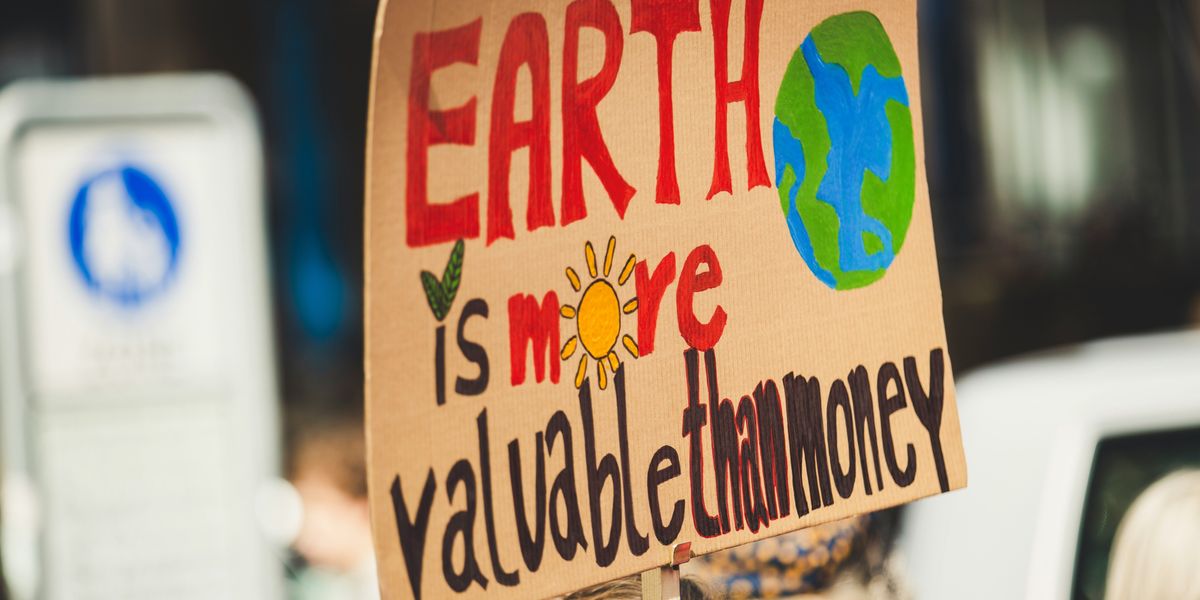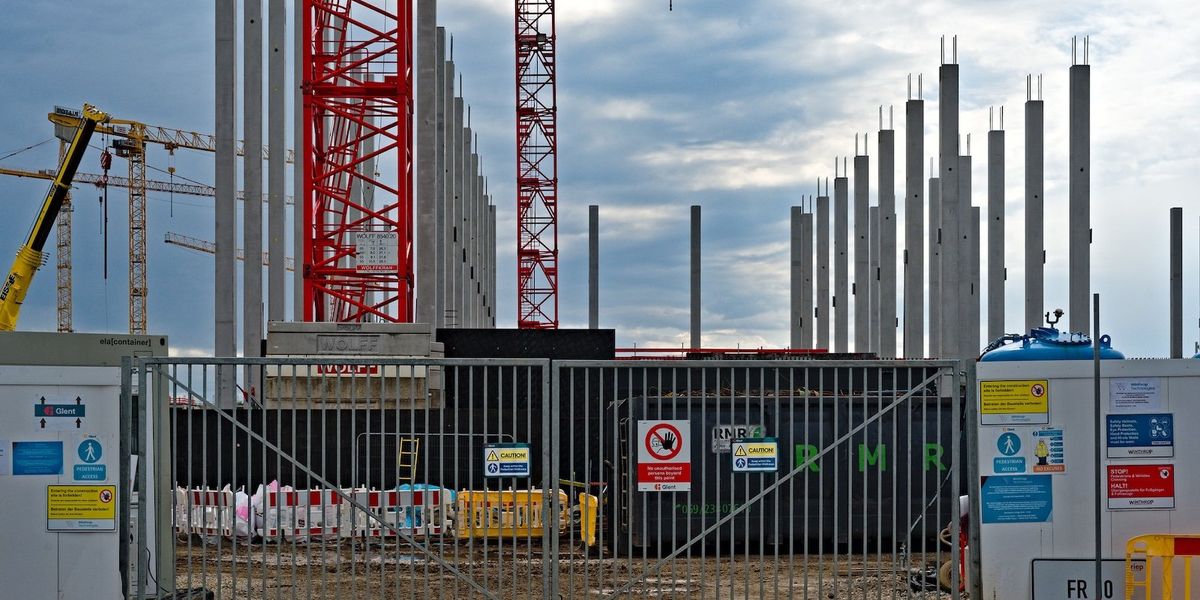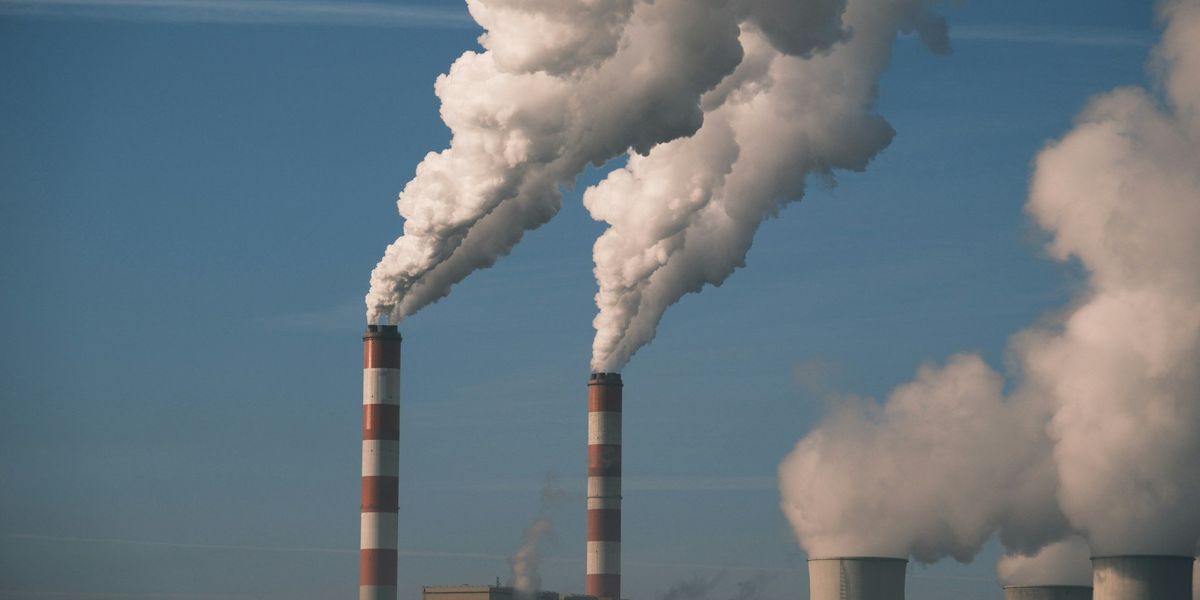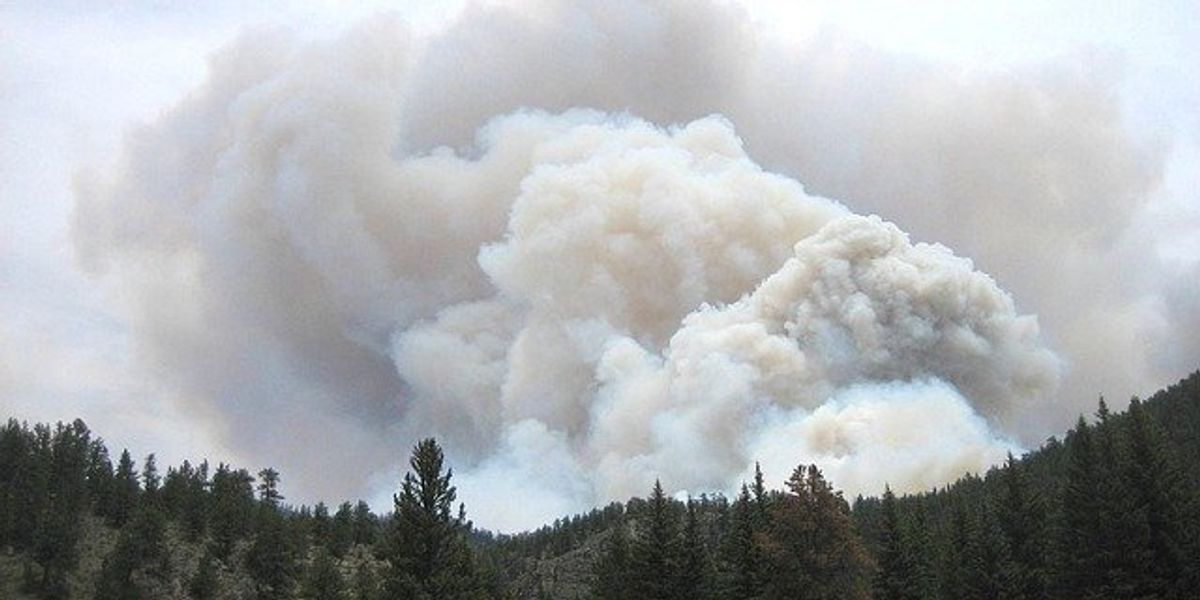causes
Oregon’s biggest gas company isn’t as green as it claims
NW Natural promised Oregonians it would embrace renewable natural gas, but years later, the company continues to rely on fossil fuels while selling an image of sustainability.
In short:
- NW Natural launched a campaign to promote renewable natural gas, yet continues to sell as much fossil fuel as before.
- Internal documents reveal the company used public relations strategies to downplay the growing pressure to phase out gas and electrify homes.
- Despite promises, renewable natural gas makes up less than 1% of the company’s supply today.
Key quote:
“The story they’re telling us is simply not possible. What they’re trying to do is to prevent being put out of business.”
— Phil Barnhart, former Oregon state representative
Why this matters:
As the climate crisis deepens, misleading sustainability claims delay real action on reducing fossil fuel dependence, prolonging exposure to harmful emissions. This kind of greenwashing isn't just misleading—it's dangerous. Read more: Hog waste-to-gas: Renewable energy or more hot air?
Republicans’ growing distrust in science is a danger to public health
A widening political divide shows Republicans increasingly losing faith in science, raising concerns about the public health impacts of this skepticism, especially as misinformation about vaccines and climate change spreads.
In short:
- Republican distrust in science has surged from 14% in 2020 to 38% in 2023, while Democrats’ confidence has remained relatively stable.
- Misinformation, amplified during the COVID-19 pandemic, has fueled skepticism of vaccines, climate change, and public health measures.
- Political identity, particularly within the MAGA movement, plays a crucial role in shaping these views, exacerbating the partisan gap.
Key quote:
“Americans died because they had read or heard that mRNA vaccines were more dangerous than a bout of Covid.”
— Matthew Dallek, political historian at George Washington University
Why this matters:
Science should be society’s best way of understanding the world, not a pawn in our political battles. The more we politicize it, the more we open the door for denialism to creep in, leaving us all worse off—environmentally and in terms of public health. Read more: America re-discovers anti-science in its midst.
How a 2010 oil spill still shapes cleanup strategies today
Fourteen years after the Deepwater Horizon disaster, scientists remain skeptical that today’s oil spill response methods would be significantly more effective at managing a similarly catastrophic event.
In short:
- The Deepwater Horizon spill released 4.9 million barrels of oil into the Gulf, and only 2-6% was recovered.
- Advances in oil spill science and technology have improved recovery methods, but they remain largely ineffective for large spills.
- The rise of new oil production methods, including deep-sea drilling, increases the likelihood of future spills.
Key quote:
"I knew immediately that this would be ecologically and economically disastrous."
— Jeffrey Short, now-retired scientist from the US National Oceanic and Atmospheric Administration
Why this matters:
As long as we use fossil fuels, spills are likely to happen. Oil spills are the third largest source of oil in the sea. Experts warn that, despite some advances in spill response, another Deepwater Horizon-level spill would be similarly catastrophic.
Trump plans to dismantle climate funding from key law if elected
Donald Trump announced his intention to pull back unspent funds from the Inflation Reduction Act, a key climate law, should he win the 2024 election, sparking concern over its impact on climate projects, especially in Republican districts.
In short:
- Donald Trump vowed to cancel unused funds from the Inflation Reduction Act, targeting climate and energy programs.
- He floated a government efficiency commission, possibly led by Elon Musk, aimed at reducing government waste.
- The Biden administration has already allocated billions in climate funding, but much remains unspent, creating potential legal battles over clawing back those funds.
Key quote:
“I look forward to serving America if the opportunity arises. No pay, no title, no recognition is needed.”
— Elon Musk
Why this matters:
The Inflation Reduction Act is funneling billions into renewable energy projects, electric vehicles, and cleaner industry across the U.S.—including a lot of Republican-led states that could really use the cash. If Trump succeeds in cutting these funds, it could derail green energy jobs and infrastructure growth in areas that have started to see the benefits. Read more: House Speaker Mike Johnson’s climate change playbook — deny the science, take the funding.
America is stuck in a climate contradiction
The U.S. is funneling billions into carbon capture to slow emissions, but it may not save areas like Louisiana most affected by climate change.
In short:
- Louisiana is becoming a hub for carbon capture, seen by some as a solution to climate change, though it primarily benefits the oil and gas industry.
- Critics argue that the expansion of liquid-natural-gas (LNG) plants worsens climate risks, particularly in vulnerable areas already suffering from rising seas and extreme weather.
- Despite its potential to reduce emissions, carbon capture technology is unproven at scale and may simply justify continued fossil fuel use.
Key quote:
“You always try to keep creating new value for the future.”
— Gray Stream, CEO of Gulf Coast Sequestration.
Why this matters:
Carbon capture is a major investment under Biden's climate plan, but it risks prolonging reliance on fossil fuels rather than transitioning to cleaner energy, raising questions about its real impact on climate and health outcomes. Read more: 30 environmental advocacy groups ask PA governor to veto carbon capture bill.
The world is drowning in plastic, with 57 million tons of pollution annually
The world generates an astonishing 57 million tons of plastic pollution every year, spreading from the depths of the oceans to inside human bodies, with two-thirds coming from the Global South, according to a recent study.
In short:
- Researchers found that the Global South produces more than two-thirds of the world’s plastic waste, much of it due to lack of infrastructure and government waste management.
- The study received criticism, however, for not examining the toll of plastic production, which generates planet-warming greenhouse gas emissions and other pollutants harmful to human health.
- Microplastics, from improperly discarded waste, are increasingly found in human bodies, with uncertain health consequences.
- Final negotiations on a global plastics treaty are scheduled for November, aiming to address this growing problem.
Key quote:
“They [microplastics] are in the most remote places ... the peaks of Everest, in the Mariana Trench in the ocean, in what we breathe and what we eat and what we drink.”
— Costas Velis, University of Leeds environmental engineering professor
Why this matters:
All eyes are on the global plastics treaty negotiations in November, as world leaders try to rein in this crisis before it spirals further. If they succeed, we could finally see a coordinated effort to curb this plastic tidal wave.
Read more: Scientists say health should be the core of global plastic treaty.
The Gulf Coast’s LNG boom is making life unlivable for some residents
When Venture Global began building one of the world’s largest liquefied natural gas hubs in Plaquemines Parish, residents found themselves battling water shortages, clogged roads, and overwhelmed emergency services.
In short:
- Residents face deteriorating water quality, traffic gridlock, and longer emergency response times since construction began.
- The plant’s construction is straining local resources, pushing some families to seek buyouts and relocate.
- Health concerns are growing as pollution increases, with some fearing their town will become the next “Cancer Alley.”
Key quote:
“I don’t care if I have to live in a cardboard box – I want out.”
— Denise Orgeron, resident
Why this matters:
Beyond Plaquemines, this is a story of environmental disruption across the Gulf Coast, where industrial expansion is reshaping both the landscape and the lives of the people who call it home. Health and well-being are on the line, and many are starting to wonder whether the price of progress is simply too high. Read more: LNG production comes with a price, Gulf Coast communities warn.



















